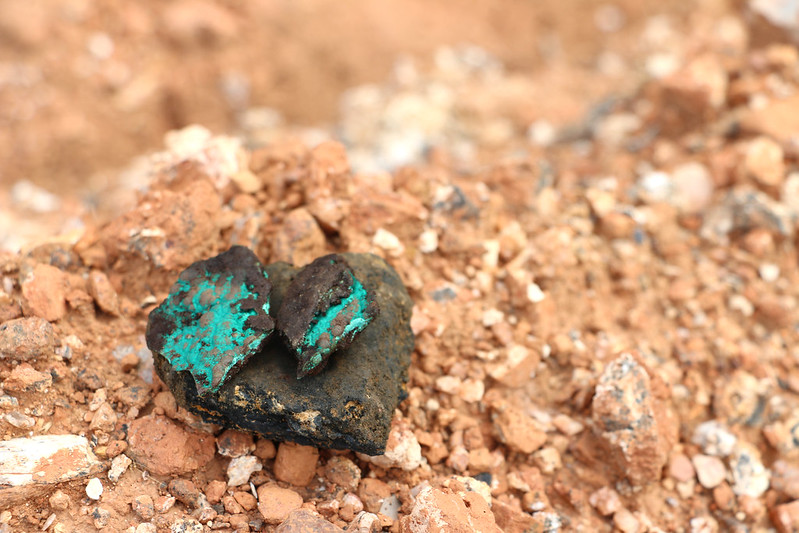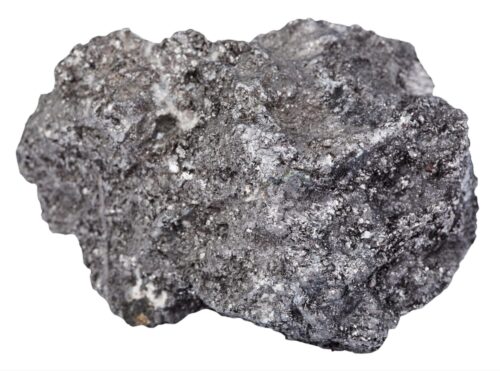With the U.S. in its sights, China moves to restrict rare earths exports. Could cobalt be next?
New rules from China's Ministry of Industry and Information Technology make clear that Beijing aims to tighten export controls on rare earth metals, a group of minerals essential to manufacturing electronics. Meanwhile, China has been on a cobalt buying binge, particularly from the Democratic Republic of the Congo.

China’s control of strategically important minerals and metals are poised to become new weapons in the increasingly acrimonious trade conflict with the United States. The Ministry of Industry and Information Technology (MIIT) last week submitted a new policy proposal that aims to tighten export controls on rare earths, a group of minerals essential to manufacturing electronics, of which China controls 60% of the global market.
The ministry’s proposed policy was unveiled soon after the Trump administration on Thursday sanctioned Chinese tech giant Xiaomi over allegations (unproven) that the company maintains ties with the People’s Liberation Army.
But given that MIIT appears willing to weaponize its dominance in certain mineral supply chains, then it’s reasonable to assume that China’s outsized influence in the cobalt sector will also be in its arsenal.
Cobalt is a critical ingredient in the lithium-ion batteries that power electric vehicles. Considering that GM, Ford, Teslas, and other American auto manufacturers are placing enormous bets on electrification, China may have considerable leverage given that it controls 80% of the world’s processed cobalt market.
China, more than any other country, has been on a cobalt buying binge over the past year, spending hundreds of millions of dollars to buy up mining rights in the Democratic Republic of the Congo, home to more than half of the world’s total cobalt reserves.
Beijing also launched an initiative in 2020 to stockpile 5,000 tons of cobalt so as to avoid any supply disruptions for its own EV market.






